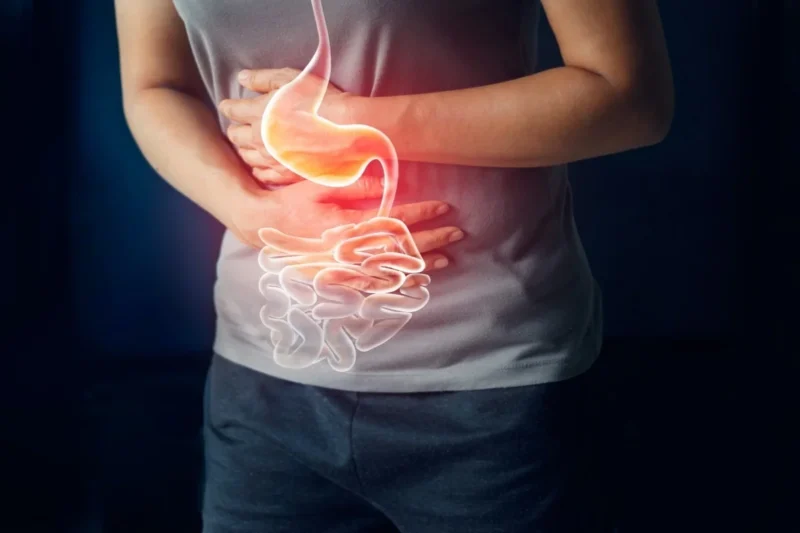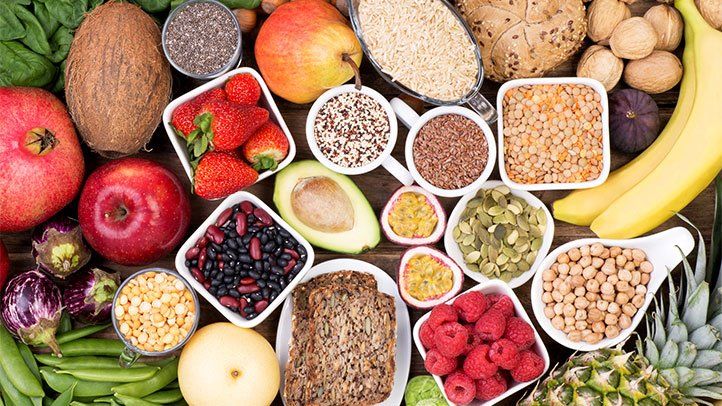Bloating is a no-doubt common digestive issue that can occur after eating, and it refers to the feeling of tightness or fullness in the abdomen due to excessive gas or fluid. While it’s true that bloating is usually not a serious health concern, it can be uncomfortable and inconvenient, and in some cases, it can indicate an underlying digestive disorder. Here are four causes of bloating after eating.
Digestive Disorders

Bloating can be a symptom of a number of digestive disorders, for instance, Irritable Bowel Syndrome, Inflammatory Bowel Disease, and gastroesophageal reflux disease – or GERD. Irritable Bowel Syndrome is particularly common. Between 25 and 45 million people suffer from IBS in the United States of America alone. The majority of people suffering from the disorder are women, although millions of men also deal with the symptoms.
These disorders can cause chronic bloating, along with other symptoms such as abdominal pain, diarrhea, and constipation. Some people with these disorders choose to take a special digestive enzyme that aids in the swift easing of bloating symptoms.
Overeating
One of the undeniably most common causes of bloating after eating is simply eating too much, too quickly. Overeating can lead to the stomach becoming distended and stretched, causing discomfort and bloating. Additionally, overeating can lead to the production of excess gas in the digestive system, which can further exacerbate bloating. The obvious solution to this kind of bloating is to moderate portion size. Often even small changes in portion size can reduce bloating symptoms drastically.
Eating Gas Producing Foods

Specific foods are known to produce more gas than others, such as beans, lentils, broccoli, cabbage, onions, and carbonated beverages. When these foods are consumed, they can cause the production of excess gas in the digestive system, leading to bloating. Generally speaking, if there is a rhyme about a food item regarding its fart-producing potency, it will cause bloating.
Cutting gas-producing foods out of your diet if you are prone to wind can certainly help to eliminate any bloating symptoms that you may have.
Food Intolerances
Food intolerances happen when the body is unable to properly digest certain foods, leading to symptoms such as bloating, gas, and abdominal discomfort. Common food intolerances include lactose intolerance (inability to digest lactose, a sugar found in milk and dairy products), gluten intolerance (inability to digest gluten, a protein found in wheat, barley, and rye), and fructose intolerance (inability to digest fructose, a sugar found in many fruits and sweeteners). Food intolerances have a high likelihood of occurring when a person is living in a culture that eats a lot of foods that they are not used to. Lactose intolerance is more common among people of African, Asian, and Native American descent, while gluten intolerance (coeliac disease) is more common among people of European descent.
This correlation can be attributed to genetic and environmental factors. Some ethnic groups may have a genetic predisposition to certain food intolerances, as certain genes are more common in specific populations. Additionally, cultural dietary habits can also play a role, as certain ethnic diets may be more likely to include foods that can trigger intolerances.

